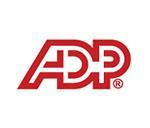
Workforce management is a multifaceted area spanning wireless forms, dispatching, timekeeping, and vehicles. We have explored how these aspects work together to bolster the efficiency of a business over the course of time. This week, we focus on the final aspect of workforce management: GPS Tracking.
“Knowledge is power” is an age-old idiom. Within the realm of workforce management, knowledge of your employees and their whereabouts directly relates to the productivity (or power) of your business. When employees are operating remotely, their actions are not completely transparent to their managers. Unfortunately, some employees take advantage of this lack of visibility to steal time from their employers.
According to a study conducted by Software Advice, 43% of shift workers steal time from their employer. Nearly half of the surveyed workers admitted to reporting more hours completed to their employers than they actually worked. Forty-one percent of those employees reported that they recorded 20 minutes of illegitimate time each day.
Revisiting Paul’s Pool Cleaning Company, we can calculate how inaccurately reported time is affecting his company:
If Paul has ten employees, we can conclude (based on Software Advice’s survey results) that four of them are reporting inaccurate times. For the sake of simplicity, let us assume each of these employees is stealing twenty minutes of time each day driving around doing activities unrelated to work.
20 minutes stolen/day
X 4 employees
80 minutes stolen/day
X 4 weeks/month
1,600 minutes stolen/month
X 12 months/year
19,200 minutes stolen/year
The average pay for a pool cleaner is $12.15 per hour, which would equate to a total of $3,888 in wages paid per year for hours stolen from Paul’s company. Theft of time, while seemingly insignificant, can result in destructive hemorrhaging to the company’s success.
Tracking technology, however, alleviates the issue of employees taking liberties with company time. Workers reduce deviations from their work route when visibility is increased, trimming their miles driven by 10%. Employees drive an average of 150 miles per day, totaling in 36,000 miles per year. Implementing tracking software reduces the miles traveled by each employee per year by 3,600 miles. The average company vehicle gets 15 miles to the gallon, which (over the course of a year) would equal 240 gallons of gas burned per year by each employee as they stole time from their company. Multiply that by the four employees stealing time from Paul’s Pool Cleaning Company:
240 gallons of gas burned on stolen time/year
X 4 employees
960 gallons of gas burned on stolen time/year
X $2 (the average price of gas in the United States)
$1,920 spent on fuel burned on stolen time/ year for just four employees!
Paul’s company, without tracking technology, is suffering on two fronts: nearly $4,000 in wages paid for hours unworked each year and nearly $2,000 in fuel purchased but used for non-work related activities. Both of these issues are almost immediately resolved with the investment in tracking technology: the increase in transparency between Paul and his employees serving as a deterrent to time theft. If coupled with timekeeping initiatives, Paul would find his company streamlining its processes and sealing itself against potential loss incursions.
The journey to achieving peak efficiency is one filled with multiple stops before reaching your ultimate destination. While that journey may seem long, each stop along the way is necessary in order to see change across the board. A meticulous approach to the improvement of each aspect of your workforce will yield the results you desire.
Have any questions on how Actsoft can help you?
Call (888) 732-6638 or Receive a Live Webinar
















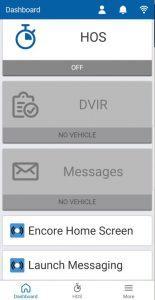
 Encore & Geotab Drive
Encore & Geotab Drive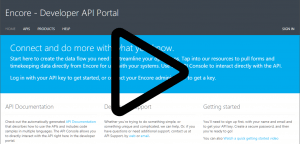
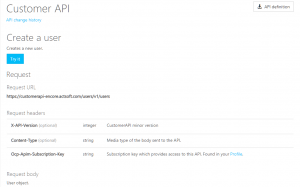
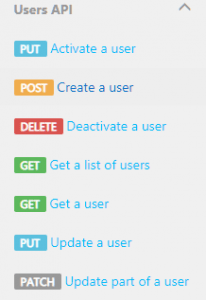

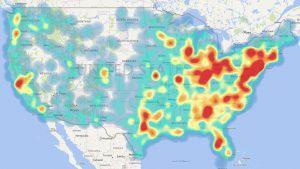
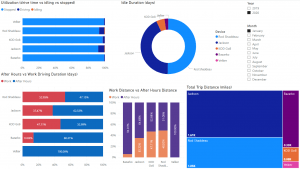
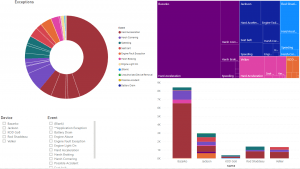
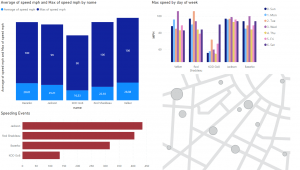
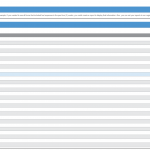
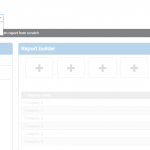
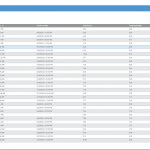
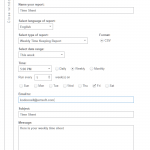



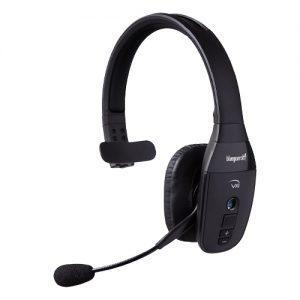
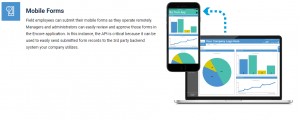
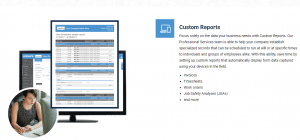
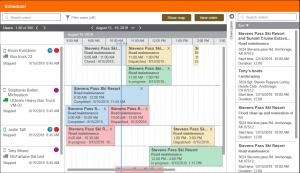
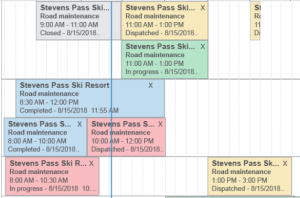
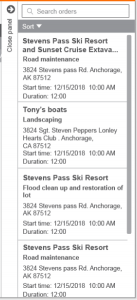
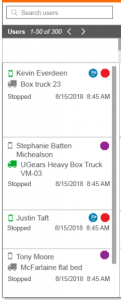
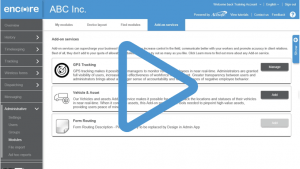
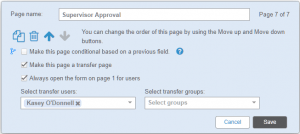
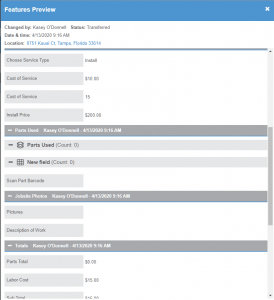
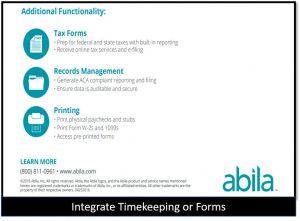
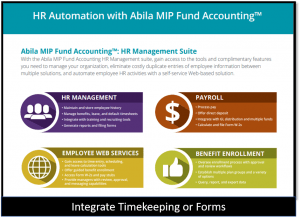
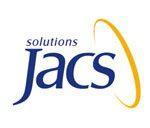
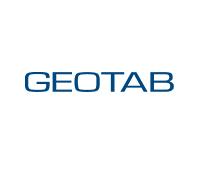 Gain even greater insight into the daily activities of your fleet using the combination of Geotab and Actsoft. Geotab devices provide detailed data collection and seamless integration with our solutions; learn more about the ways your vehicles are being used daily with the power of this tandem.
Gain even greater insight into the daily activities of your fleet using the combination of Geotab and Actsoft. Geotab devices provide detailed data collection and seamless integration with our solutions; learn more about the ways your vehicles are being used daily with the power of this tandem.



 Actsoft partnered with Odin to provide our solutions overseas, through payment processing integrations. Odin helps us support user management for our software; customers can also purchase our products through Odin’s billing platform.
Actsoft partnered with Odin to provide our solutions overseas, through payment processing integrations. Odin helps us support user management for our software; customers can also purchase our products through Odin’s billing platform.

 VisTracks powers our Electronic Logging Device (ELD) solution, which enables transportation businesses to easily automate their hours of service logs, remain in governmental compliance, and reduce their potential to incur costly fines.
VisTracks powers our Electronic Logging Device (ELD) solution, which enables transportation businesses to easily automate their hours of service logs, remain in governmental compliance, and reduce their potential to incur costly fines. Integration between Actsoft solutions and BeWhere’s software products is available. Take your team’s asset tracking, cellular data connectivity, and field insight a step further with effective, cross-application compatibility.
Integration between Actsoft solutions and BeWhere’s software products is available. Take your team’s asset tracking, cellular data connectivity, and field insight a step further with effective, cross-application compatibility.
 CalAmp tracking devices for vehicles and assets alike are compatible with Actsoft solutions, making it easy for you to efficiently monitor your equipment and fleet cars. Help your team enhance accountability, safety, and savings through a combination of easily installed hardware and intuitive software.
CalAmp tracking devices for vehicles and assets alike are compatible with Actsoft solutions, making it easy for you to efficiently monitor your equipment and fleet cars. Help your team enhance accountability, safety, and savings through a combination of easily installed hardware and intuitive software.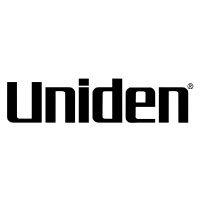 Our partnership with Uniden is ideal for companies looking to gain advanced diagnostics on their fleets. Uniden’s extensive product listing of car electronics like radios, dash cams, radar detectors, and in-vehicle communicators work in concert with Actsoft’s solutions to better connect your vehicles to the company headquarters.
Our partnership with Uniden is ideal for companies looking to gain advanced diagnostics on their fleets. Uniden’s extensive product listing of car electronics like radios, dash cams, radar detectors, and in-vehicle communicators work in concert with Actsoft’s solutions to better connect your vehicles to the company headquarters.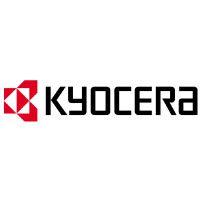 Kyocera offers a wide range of mobile devices, ranging in design from traditional phones to ultra-durable handset technology. Actsoft is able to equip organizations in a variety of different industries with solutions for improved business, while Kyocera supplies the technology they can flawlessly operate on.
Kyocera offers a wide range of mobile devices, ranging in design from traditional phones to ultra-durable handset technology. Actsoft is able to equip organizations in a variety of different industries with solutions for improved business, while Kyocera supplies the technology they can flawlessly operate on.

 Our software is the perfect complement to Apple’s user-friendly technology. Equip your workforce with the devices and solutions it needs for optimized productivity during daily operations with Apple and Actsoft.
Our software is the perfect complement to Apple’s user-friendly technology. Equip your workforce with the devices and solutions it needs for optimized productivity during daily operations with Apple and Actsoft.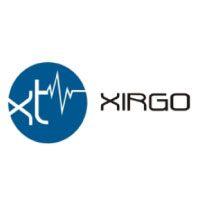
 Actsoft and Sanyo teamed up to merge intuitive business management software with the technology of today. This partnership allows us to provide you with all the tools your team needs for improved workflows, better coordination, and optimized productivity.
Actsoft and Sanyo teamed up to merge intuitive business management software with the technology of today. This partnership allows us to provide you with all the tools your team needs for improved workflows, better coordination, and optimized productivity.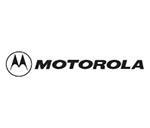 Motorola’s mobile technology works in tandem with our solutions to provide extra versatility to your business practices. Coupled with our software’s features, Motorola’s reliable devices make connecting your workforce simpler than ever to do.
Motorola’s mobile technology works in tandem with our solutions to provide extra versatility to your business practices. Coupled with our software’s features, Motorola’s reliable devices make connecting your workforce simpler than ever to do. We’re able to bundle certain solutions of ours (including our Electronic Visit Verification options) with Samsung devices to help your team achieve as much functionality as possible, while keeping rates affordable. Use these combinations for accurate recordkeeping, improved communication, and smarter data collection in the field.
We’re able to bundle certain solutions of ours (including our Electronic Visit Verification options) with Samsung devices to help your team achieve as much functionality as possible, while keeping rates affordable. Use these combinations for accurate recordkeeping, improved communication, and smarter data collection in the field.